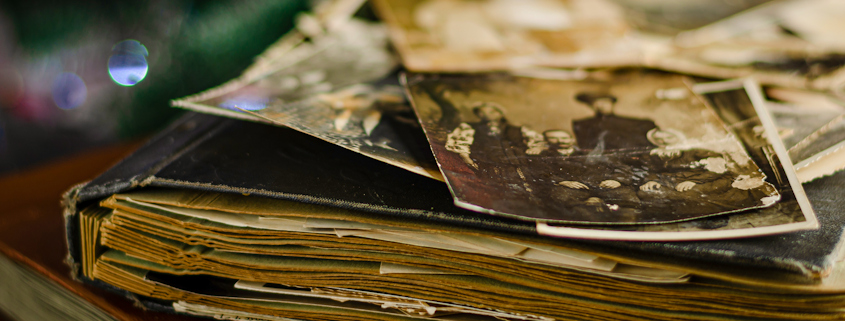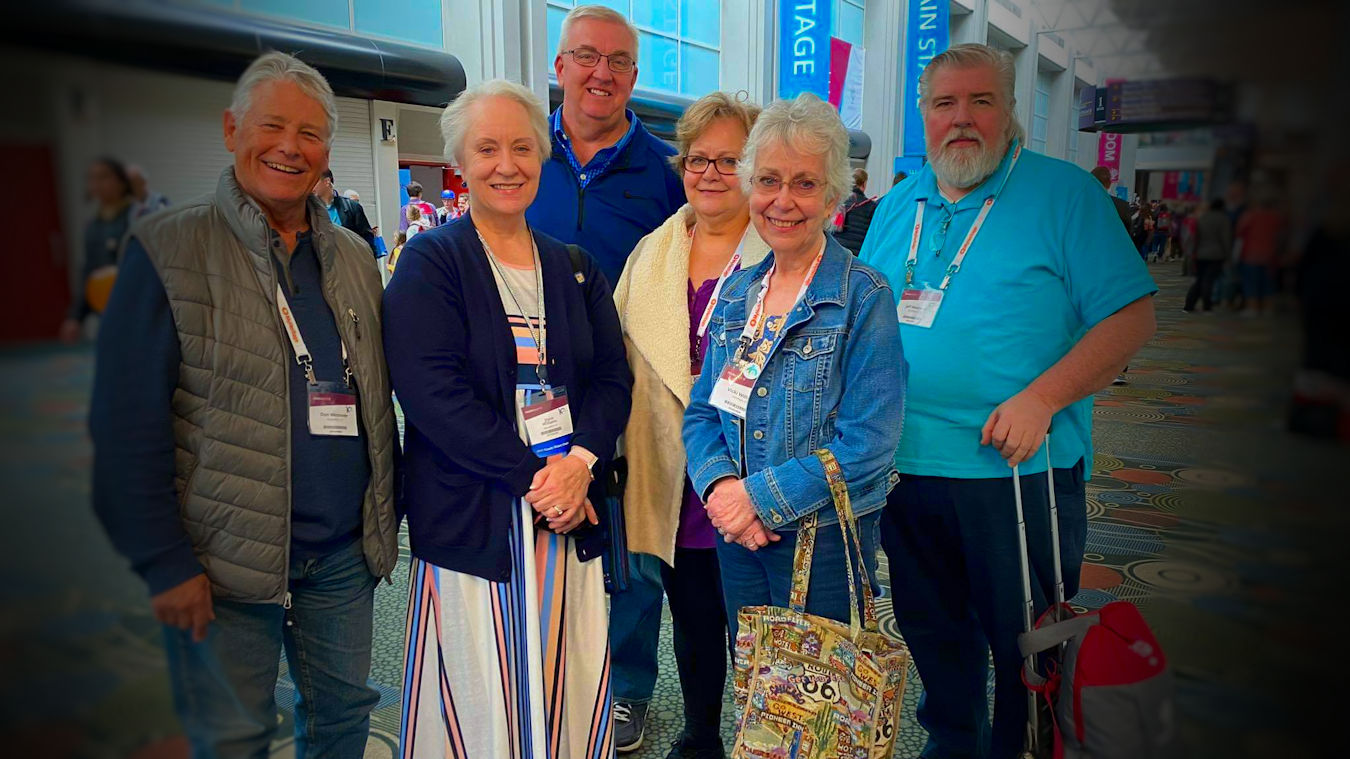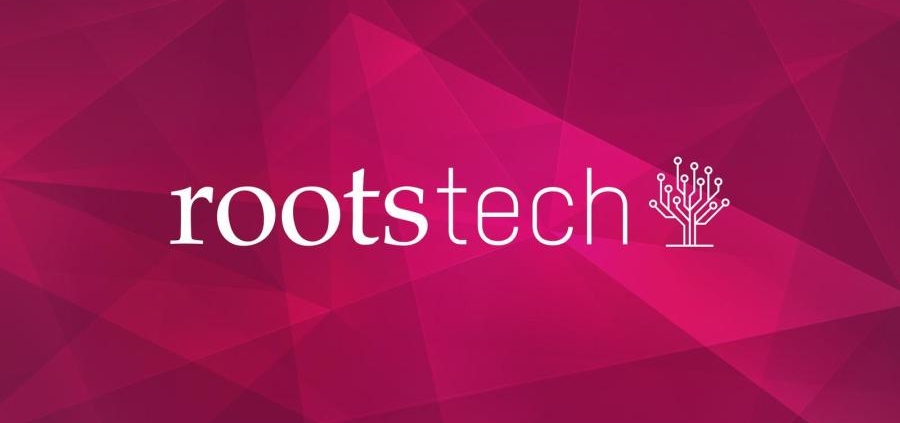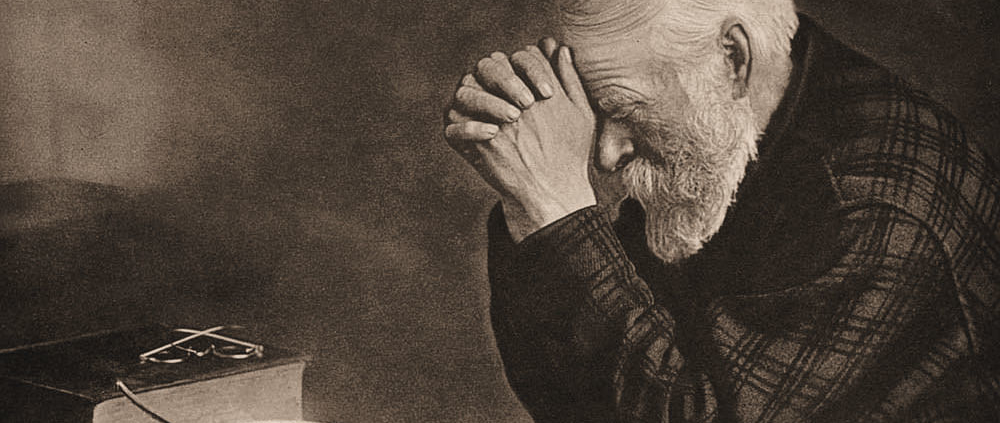Hearts, Souls and Bones
I was recently released from my calling as a Temple and Family History Consultant. I’m sad to lose the responsibility because I have enjoyed it a great deal. I’ve served in that capacity for more than six years and even though it is the type of calling that gets people running the other way from you in the halls of the church it’s been a lot of fun to see people grow when they begin their family history.
The journey of discovery is a fun one, I don’t care who you are. It’s great to see someone go from the frustrated beginnings of not knowing where to start or being overwhelmed by the technology to actually learning their family and where they come from.
It does take a while to capture the vision. But once you’re hooked, you never quite get over the excitement of what family history really is.
I’m an opinionated person. Nobody really appreciates that much and in the calling of being a family history consultant there is a lot of needed restraint when it comes to opinions.
But now that I’ve been relieved of that responsibility I’m going to give you some opinions based upon my experience in trying to help others.
~ The Main Thing ~
The first rule of Family History is one that I use for a lot of things: The main thing is to keep the main thing the main thing.
What’s the main thing?
You.
You are the main thing. And for many people that’s an absurd idea. After all, family history is the exploration of others, right?
But that exploration is really about you, at the end of the day. Like many things, losing yourself in family history is just another method of finding yourself. Most are really surprised by that after they have invested the time and work of family history.
But why is it such a singular thing when it involves thousands of people, at least in theory?
Because your family history is unique. You might share heritage with a sibling or a parent but your total family history is entirely unique.
When you marry you adopt a whole new line of family thanks to your spouse – one that will belong to your children. But theirs will one day be unique from yours.
In that respect, the family history of one is not the same of another. It’s like fingerprints. Nobody has the same family history.
That singular definition and pursuit of the same individualizes family history. And there are times when you will swear the lessons you continue to learn from it are individual as well.
You are the main thing. Nobody can do it for you. You have to tackle it alone. You have to make the effort alone. You have to leave it for others to discover somehow.
That makes it all a very daunting thing. It is work. It is time consuming. It can be expensive. It can feel like an insurmountable task, which it really is, and it will never be truly done.
So why do it?
We do it because of the heart, the souls and the bones. That’s the stuff that family history is made of. It’s a very personal thing.
~ The Bones ~
The bones of family history are found in cemeteries and in pedigree charts. They are the dry data of names, birth dates, places and relatives. They are what everyone thinks of when they think of family history.
Oh sure, family history is much more than the bones. But it’s where nearly all of us begin.
It’s necessary to get down to the details at this level. Frankly, it’s not my favorite thing, to be honest. Standing over a grave and getting a name and a date really does not tell me much beyond the fact that existence is proven.
But the bones are heartless and soulless. Meaningless, otherwise. If that’s family history to you it has to be the blandest of meals.
Real family history has more flavor. That’s the stuff of the heart.
~ The Heart ~
The heart of family history is found in the stories, the personalities, and the experiences of the person attached to the bones. It’s the fun stuff of family history.
Unfortunately, it is the hardest part to find, especially the further back you go.
YOU have the potential of being a heartless entity of family history if you don’t do something about the record you leave behind. That too is family history.
I have a grandfather who modestly wrote a one-page autobiography. He was a modest individual. But really if I had my way I’d like to lecture him about how it wasn’t enough. I’ve learned a lot more about him through the stories and experiences of others with him. It sure would be nice to get to know him through his own words and recollections.
That is worthy of your thought and consideration.
The heart, you see, is what we really all get the thrills from when it comes to family history. The heart is found in tragedies, tears and triumphs. It is born through the unchangeable stuff of gender, identity, roles and even in what some call “social constructs”.
You see, it doesn’t matter if they were famous. It does not matter even what they did for a living. Where they went, the houses they lived in and they stuff they did on a daily basis pales in importance to what they thought, how they treated others, and what their opinions were when they faced the stuff of life we all face.
That’s the heart.
That is what makes us appreciate the folks of the past that we have never met. And that is where the real work and the real payoff is in family history.
The heart is what leads us to the real blessing of the work: the soul.
~ The Soul ~
The soul is the spiritual side of family history. If you are a person of faith this is a concept that builds faith. If you are not a person of faith it is something you discover and may have trouble explaining.
Years ago, I met a man at Roots Tech who was not a person of faith. He was elderly and suffering from physical challenges that made attending Roots Tech problematic and that saw his decades-long hobby of family history one that pushed him in ever-more difficult directions. He openly asked my why he kept doing it, given all that he was dealing with.
I tried my best to explain that his ancestors, though long dead, were still alive. I tried to explain they were pushing him as much as he was pushing himself. I tried to explain that the work he had engaged in for years was one they appreciated and that someday when he crossed over to the other side he would recognize them and they him.
I did my best to explain the doctrine of “we without them cannot be made perfect and they without us cannot be made perfect”.
With tears in his eyes and a nodding head he agreed. He could not articulate what he was feeling. He did say that was the most profound and loving doctrine he had ever heard. But it helped to explain the power of the work and the influence upon his life for good.
Though unschooled in things spiritual he was not inexperienced. His family history work had exposed him to the souls of those he researched. He discovered that he loved them. How do you define love? Would you call it a thing of the soul?
The soul of the work of family history comes from connecting with those ancestors you research. Many reject that thought as crazy. Yet so many who might shy away from spiritual or “churchy” things cannot deny this is what happens to them the deeper they wade into the waters of family history. Love is the ultimate and unavoidable outcome.
If family history teaches things of the soul what does it teach us about the Divine within us?
What more can personalize the work than that?
When you discover the soul of others you discover the soul of yourself. The worth of souls is great in the sight of God. YOU – the main thing – are great in the sight of God. Your ancestors teach you this about yourself.
~ Bringing the Bones and the Heart to Discover the Soul ~
As I wrote when I first began this little website many years ago my goal was to leave my children and grandchildren a better record than I received.
I’m still working on that. I realize that not everything I share here applies to everyone. My family history is not exactly the same as anyone else’s, as noted above.
But the effort of sharing what I can find is put out there to help others help themselves. I’ve discovered a lot about myself in my efforts here to just share. I would not have discovered what has been so important to me if others had not done their best to share what they had.
So we will continue to evolve. I’ve shared in other parts of the website many times that we don’t really do the family tree thing here.
I have tried to steer as many people as I can to the efforts of the one-world family tree located at FamilySearch.
That’s still true.
I believe FamilySearch is one of the the most important projects in the world.
We all contribute to it. In my 20 years or so of working with FamilySearch it is amazing to see what it has become.
Yes, it’s frustrating that anyone can edit, add to and take away from the tree. That will never change.
But that capability is also it’s magic. The record only gets stronger and stronger as we move along.
So we don’t want to discourage its use. We will continue to link to it relentlessly and work to get you logged in there and using it.
But I also know there are many who are still so challenged with even the technology of a password that they will never go to FamilySearch and pay the price for learning how to use it.
I know there are people who need the visual of a tree or pedigree chart to understand the connections between people and generations.
So we’re soon to post up a family tree – free and available to all – right here on WFH. No login required either. Just click and it will be there.
Naturally, it will not be as complete as a family tree that any competent individual can build on their own. It certainly cannot have all the dynamics of what can be found on FamilySearch.
But it will be enough for those who cannot get to that level.
To it will be tied pictures, documents, histories, links, maps and the stuff of the heart and soul.
Oh, and the bones.






